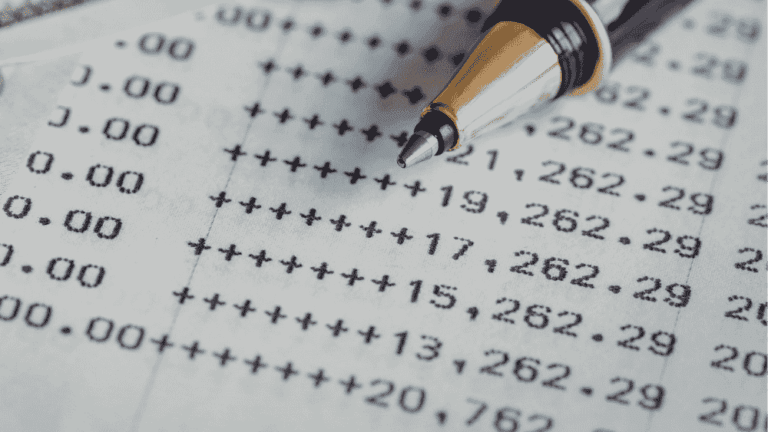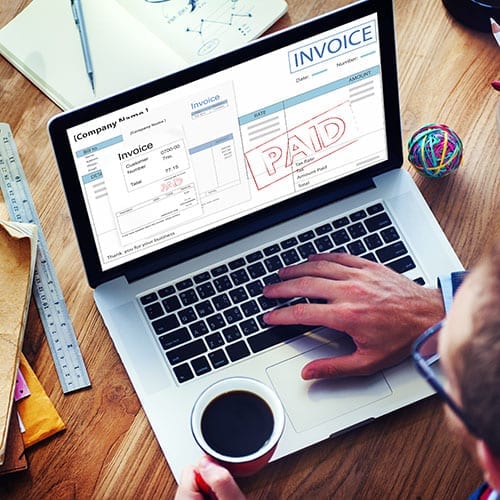
Are you a property investor or a property developer?
What you need to know for tax purposes
It can sometimes be a fine line that distinguishes the two, but getting it wrong has important tax implications. Many people are keen to invest in property and are confident that they can make a sizeable profit by doing up a property and selling it on, but what about the financial reporting aspects?
What is the definition of a property investor?
Say that an individual or company, separate to their normal day to day activities, purchases a plot of land with a unit on and planning permission to build two houses. These are the main considerations:
If the entity simply buys and rents the site it is a ‘property investor’ with a fixed asset not carrying out a trade / business then typically any day to day maintenance, building costs or spend does not need to operate construction industry scheme (CIS). Any VAT registered builder doing work for the entity will charge VAT and rental income will be subject to income or corporation tax. If the property were to be later sold any gain would be subject to capital gains tax/corporation tax on chargeable gains.
What is a property developer?
If the owner builds on the land and then sells, they become a ‘property developer’ – holding stock or work in progress, carrying out a trade / business.
How do the tax implications differ?
They should register for HMRC’s construction industry scheme (CIS) and be mindful of changed VAT considerations. Any profit on the sale of the houses would be subject to income tax and national insurance (NIC) or corporation tax as appropriate.
Often the intention to rent or build and sell is decided at the outset to determine the correct treatment.
But what if the intention to rent or sell is only decided later or the intention changes?
An investor holds the property as a fixed asset and a property developer holds it as stock. There are actually then three possibilities.
1) If you start out intending to be an investor and the intention changes to becoming a developer, the property moves from fixed assets to stock. For (capital gains) tax purposes you are treated as having disposed of the property to yourself for market value, but there is an election to effectively ‘hold-over’ taxing that gain until the property is finally sold in your capacity as a developer.
2) If you start out intending to be a developer and the intention changes to retain it and instead becoming an investor. the property moves from stock to fixed assets. For tax purposes, you are treated as having disposed of the property to yourself for market value, and unfortunately no election is available to change or defer that.
3) The other option is someone starting out intending to be a property developer, not changing that intention, but being unable to sell the properties and choosing to rent them for the time being. In that case, the property stays in stock with the temporary rental income being taxable as income.
For VAT purposes if you are intending to develop the properties for zero-rated sales, you can recover your input VAT. If you subsequently come to let the properties, there will (potentially) be a clawback.
If you intend to build the properties for the purposes of earning exempt rental income, you are unable to recover any of the VAT from the outset.
So, which one am I, property investor or property developer?
A lot has to do with your intentions. If you buy a new property to let it out for the long term, then you will be a property investor. But what if you do some work on the property? This again will depend on a number of factors including the extent of the renovation work, the length of time that the property was held and let out.
Example 1 Party A buys a property. The intention is to keep it as a long-term investment. The owner does the property up with a view to renting it out. However, due to changes in circumstances, they sell the property after two years having completed the renovations, realising a profit.
The intention was to hold the property as an investment. Although sold after a relatively short period of time, the original motivating factor had not changed. The profit made on the property would be treated as a capital gain.
Example 2 Part B buys a dilapidated property with a view to doing it up as quickly as possible and selling it on at a profit. The owner plans to reinvest any proceeds from the sale into further properties to do up and sell.
Unlike Party A, the main motivation in buying the property is to make a profit from doing it up and selling it on. Looking at the intention behind the purchase suggests that B is trading as it buys and sells the property with a view to making a profit. Consequently, any profit made by B on the sale would be liable to Income or corporation tax on profits rather than capital gains tax.
Businesses pay the same rate of tax, but for individuals in a climate where capital gains tax rates are considerably lower than the highest rate of income tax, the attraction of realising a capital gain is apparent. It is important to ensure that the distinction between investing in property and trading as a property developer are correctly established. The last thing you want is an enquiry from HMRC.
How can I be sure?
You cannot pick which tax you pay. Whether an activity is trading is a question of fact and the normal badges of trade apply. The starting point for deciding whether there is trading or investment is the intention of the owner. Whilst the original intention of the owner is an important one, when deciding whether an activity is trading HMRC will look at a variety of factors including:
- The length of ownership
- Is the purchase and sale a one-off or there are a series of transactions?
- Has the property been rented out?
- Was the property acquired for personal enjoyment?
- Is there an existing trade – for example, is a builder buying a property to do up and sell?
Together these will create a picture and help to determine trading or investing. If in doubt, seek professional advice – our team of construction and property accounting specialists are here to help.
Written by











